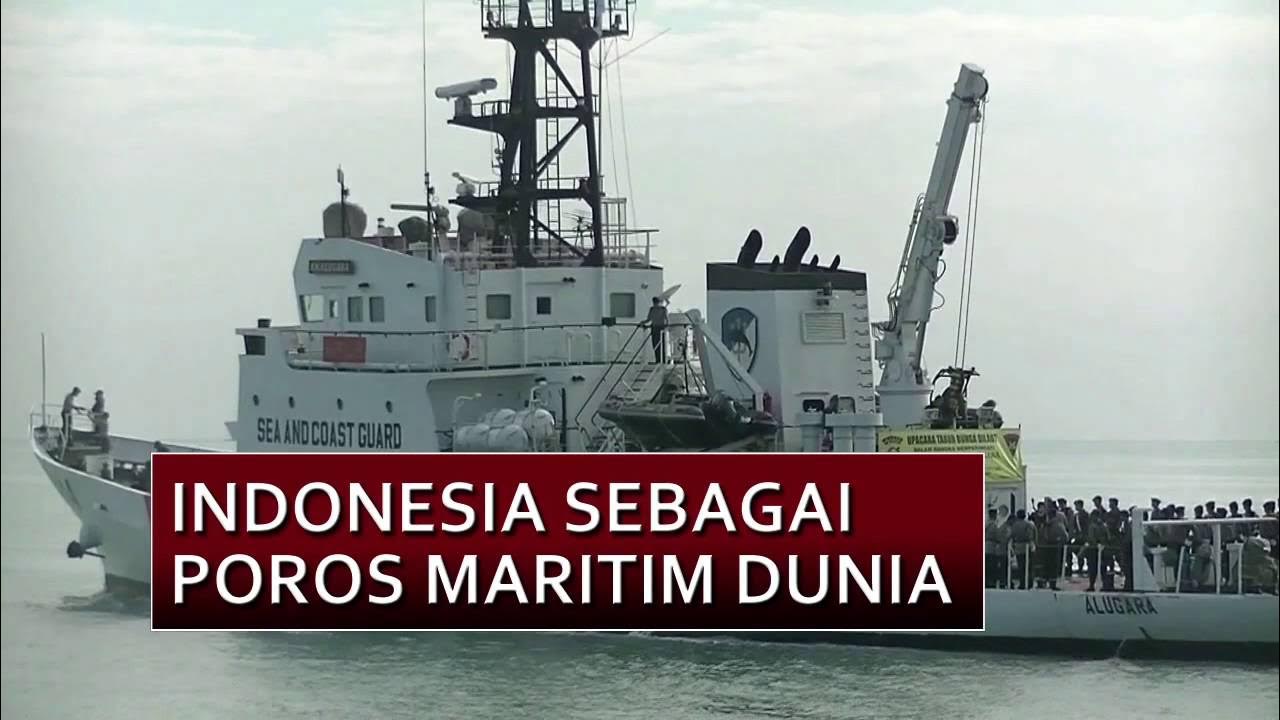Indonesia Kaya - Ini 5 Kekayaan Sumber Daya Alamnya
Summary
TLDRIndonesia is renowned for its abundant natural resources, including vast forests, rich marine life, and valuable minerals. The country’s forests, the third largest in the world, face significant deforestation. Indonesia’s oceans are home to a diverse range of fish, making it one of the top fishing nations. The country also has substantial oil, natural gas, and coal reserves, though they are depleting, prompting oil imports. Indonesia is one of the world’s largest exporters of coal and natural gas. The video emphasizes the importance of preserving these resources for the nation's future prosperity.
Takeaways
- 😀 Indonesia is rich in natural resources, with abundant forests, oceans, and minerals.
- 🌳 Indonesia has the third-largest forest area in the world, covering approximately 99 million hectares.
- 🔥 Indonesia's forests are rapidly declining, with over 600,000 hectares lost every year due to deforestation.
- 🌲 Indonesia's forests provide essential environmental benefits, including timber and diverse plant and animal life.
- 🌊 Indonesia is a maritime country with vast ocean territory, making it a hub for marine biodiversity.
- 🐟 The marine potential of Indonesia is significant, with a potential fish yield of 6 million tons per year.
- ⛽ Indonesia ranks 4th globally in terms of fishery potential, with fish exports contributing greatly to the economy.
- 🛢️ Oil is a crucial natural resource for Indonesia, though its reserves are steadily depleting, leading to increased imports.
- 💨 Natural gas reserves in Indonesia are substantial, with 2.8 trillion cubic meters, making it a top global exporter.
- ⚡ Coal is another key energy source, and Indonesia is the world's largest coal exporter, supplying countries like China and India.
Q & A
What makes Indonesia rich in natural resources?
-Indonesia is rich in natural resources, including vast forests, marine resources, petroleum, natural gas, and coal, all of which contribute significantly to the country's wealth.
How large are Indonesia's forests, and what is their importance?
-Indonesia's forests are the third largest in the world, covering approximately 99 million hectares. These forests are crucial for the environment, providing timber, supporting biodiversity, and playing a key role in environmental balance.
Why is Indonesia's forest area shrinking?
-The area of Indonesia's forests is shrinking due to continuous deforestation, with around 600,000 hectares of forest land disappearing each year.
What benefits do Indonesia's forests provide?
-Indonesia's forests provide timber, support various animal and plant species, and are essential for maintaining ecological balance and environmental sustainability.
How does Indonesia's maritime position contribute to its wealth?
-Indonesia's geographical location as a maritime nation, with extensive sea areas, allows it to have abundant marine resources, including fish, which are a key part of its natural wealth.
What is the potential of Indonesia's fishery industry?
-Indonesia's fishery industry has the potential to produce up to six million tons of fish annually, placing the country as a significant player in the global fishing market.
What is the status of Indonesia's petroleum resources?
-Indonesia still has considerable petroleum resources, but the country's production has been declining, leading to the need to import oil to meet domestic demand.
What is the role of natural gas in Indonesia's energy sector?
-Indonesia has substantial natural gas reserves, approximately 2.8 trillion cubic meters, making it one of the largest exporters of natural gas, with key export destinations such as Japan, Korea, Taiwan, China, and the United States.
How does Indonesia's coal industry contribute to its economy?
-Indonesia is one of the world's largest exporters of coal, a fossil fuel used primarily for electricity generation. The country exports coal to regions such as Hong Kong, Taiwan, China, Korea, Japan, and several European countries.
What should be done to preserve Indonesia's natural resources?
-To ensure sustainable use, it is important to protect Indonesia's natural resources by preventing deforestation, reducing pollution, and fostering responsible management of these resources for future generations.
Outlines

This section is available to paid users only. Please upgrade to access this part.
Upgrade NowMindmap

This section is available to paid users only. Please upgrade to access this part.
Upgrade NowKeywords

This section is available to paid users only. Please upgrade to access this part.
Upgrade NowHighlights

This section is available to paid users only. Please upgrade to access this part.
Upgrade NowTranscripts

This section is available to paid users only. Please upgrade to access this part.
Upgrade NowBrowse More Related Video

Karakteristik Geografis Wilayah Indonesia | IPS SD

Potensi dan Sebaran Sumber Daya Alam

POTENSI SUMBER DAYA ALAM DAN KEMARITIMAN INDONESIA - Materi IPS SMP Kelas 7

Geografi Kelas XI (11) Potensi dan Persebaran SDA di Indonesia

IPS kelas 8 Bab 1 kurikulum merdeka kondisi geografis dan pelestarian sumber daya alam

Mata Indonesa - Indonesia Sebagai Poros Maritim Dunia SEG 1
5.0 / 5 (0 votes)